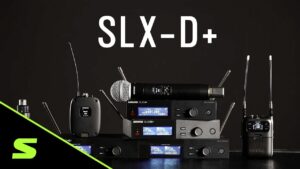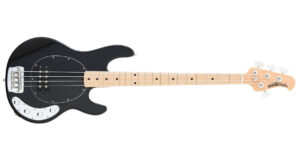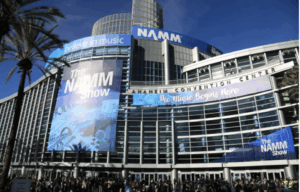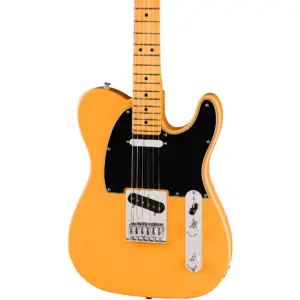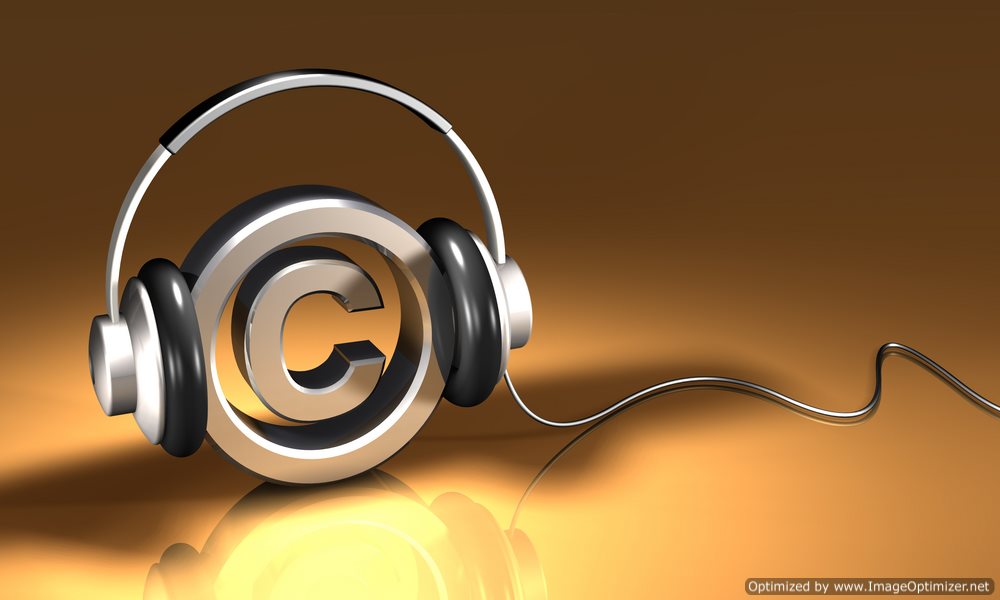It is extremely easy to download a song off a torrent website or a random Google search. What one forgets is the innumerable hours, days and weeks an artist takes to perfectly fine tune a song. Not to forget the years he has spent learning and honing a skill which not many have and then struggled to make a name for himself. The ease with which this is possible makes one wonder if the Government of India is doing anything to safeguard the hard work of the country’s artists and musicians.
So often you hear music by a popular artist in a public place, but not many are aware that the owners of the public space need a license to be playing it because only the owner of the copyright can perform or play the work in public. The ownership or copyright of a song is usually divided into three aspects. The lyrics of a song is a literary work owned by the lyricist; the music is owned by the composer and the song as a whole is owned by the producer of the recording or the recording label.
The IPRS, founded in 1969 is the sole authority to issue licenses to users of music. Royalties are also collected by them on behalf of its members i.e. the lyricists, music directors and sound producers. The Society is a non-profit making Organization and is a Company Limited by Guarantee and Registered under the Companies Act, 1956. IPRS has also been granted Registration by the Central Government in 2017. Copyright protection lasts for the lifetime of the copyright holder and sixty years after that and performance rights for 50 years.
One major law protecting musicians’ interests is The Copyright Act, 1957 which was amended and came into effect from 21st June, 2012. The amendments are in line with India’s international commitments. The amendments to the Copyright Act in 2012 has given better ownership control to songwriters, composers and musicians working in the Indian film industry, more than the producers and record labels. The revisions declare the song creators as owners of the copyright and has made royalty payment by broadcasters to them mandatory. The amendment also specifies that a cover version may only be created after five years from the first recording of the song.
ISRA (Indian Singers’ Rights Association) was incorporated as a Company Limited by Guarantee under the Companies Act, 1956 in 2013 and they have on their panel esteemed singers like Lata Mangeshkar, Pankaj Udhas, Sonu Nigam, Shaan, and Sunidhi Chauhan amongst others who have fought to bring about the Performers’ Right shortly after the 2012 amendment to collect and distribute royalties. They brought about economic and moral rights for the performers to have stronger ownership control over their creation.
In India, the Phonographic Performance Limited (PPL) handles the copyright of sound recordings and Indian Performing Rights Society (IPRS) handles the rights for lyricists and composers. To play the recording of any song in a public space, one needs a permit from PPL.
Ideally, if one wants to play a recording of a song, in any public place one needs a license from PPL. If someone else is performing the piece, a license from IPRS needs to be obtained. In case the proper license is not acquired, a penalty shall be charged for copyright infringement which may merit a fine or even imprisonment.
The only thing remaining to be covered is the issue of piracy on which tough calls are yet to be made by the Government. Though there is still a while to go for completely safeguarding the musicians’ interest one can safely say that the government is trying to do its bit.


